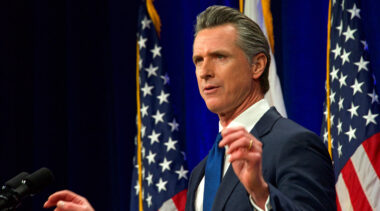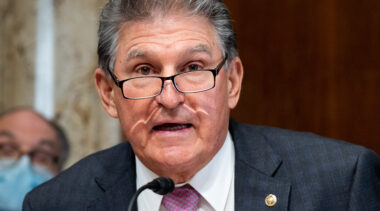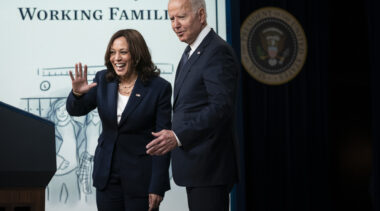Max Gulker, Ph.D., is a senior policy analyst at Reason Foundation.
Gulker’s research and writing bring a fresh perspective to social policy issues and debates. Gulker's recent research topics include welfare and work requirements, the impact of recent government policy on urban poverty, childcare, and cash assistance. Rather than traditional top-down approaches, Gulker looks for social policy alternatives where the private, public and non-profit sectors empower, rather than dictate to, people, families, and communities in need.
Prior to joining Reason Foundation, Gulker spent five years with the American Institute for Economic Research, where he wrote on social policy, including employment, education and healthcare, and emerging technology, including cryptocurrency, tech antitrust, and the sharing economy. Gulker has appeared on television news outlets including the Fox Business Channel, print media including the Wall Street Journal, and podcasts including Kibbe On Liberty. He has presented research, given speeches, and participated in panels at conferences on economics, technology and politics.
Gulker received his BA in Economics from the University of Michigan in 2000 and his Ph.D. in economics from Stanford University in 2008. Prior to entering the policy research field, he spent several years in the private sector, consulting on litigation including antitrust, intellectual property, bankruptcy and shareholder class actions.
-
FTC Chair Lina Khan’s consolidation of power is a feature of her approach to antitrust, not a bug
New Brandeisians, led by Lina Khan, seek to move away from the consumer welfare standard of antitrust enforcement.
-
Cutting California’s budget deficit and reforming state government
Gov. Newsom should start to eliminate regulations stifling things like infrastructure and housing projects and right-size government.
-
Can the FTC block technology mergers based on future market predictions?
The bid to block Meta from acquiring Within will test the FTC’s argument that potential future concentration is enough to stall the merger.
-
Cannabis markets: Growth, innovation, and burdensome regulation
As the legal cannabis market matures in some states, the regulatory regime in place threatens to stifle cannabis producers and retailers.
-
Three economists receive Nobel for hotly debated work on banking and financial crises
Bernanke, Diamond, and Dybvig’s work, when framed by the events of 2008, has drawn both intense praise and intense criticism.
-
What the movement to break up big tech gets wrong about our digital economy
The uncertainty, fast-moving innovation, and large pool of ideas that characterize online platforms make new competition inevitable.
-
Child care policy debates need more focus on the prominent role that informal care plays
The informal sector is at least as large and important to parents as a daycare, and its results strain low-income parents disproportionately.
-
Sen. Manchin’s proposed reforms to the child tax credit would be a step back in fighting poverty
History shows that work requirements for cash assistance to poor Americans often work much better as political sloganeering than as real programs.
-
Reconsidering the Way We View and Measure Poverty
The Biden administration's increase to the child tax credit will likely help many families, but we also need to change the way we measure and address poverty.









